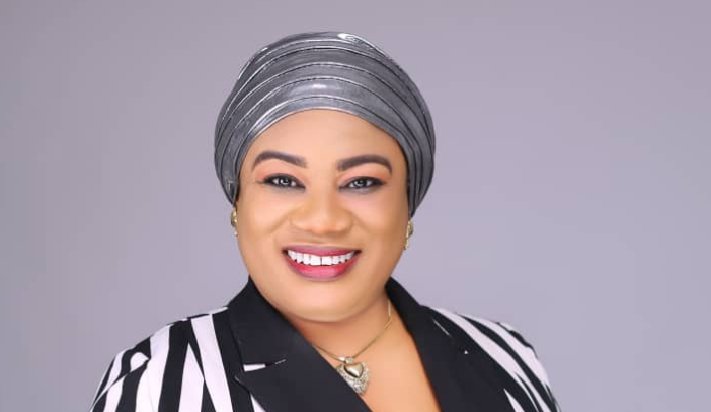BIRNIN KEBBI (CONVERSEER) – A member of the House of Representatives representing Birnin Kebbi/Kalgo/Bunza Federal Constituency, Hon. Ibrahim Mohammed, has introduced two bills aimed at establishing new federal institutions in Kebbi State to tackle youth unemployment and enhance technical education.
The proposed institutions are the Federal College of Entrepreneurship and Skills Acquisition, Bunza and the National Institute for Technical and Vocational Education, Kalgo. Mohammed disclosed this ahead of a public hearing scheduled for Thursday at the Committee Room of the House of Representatives.
According to the lawmaker, the bills are part of his legislative agenda to address the widening gap between academic qualifications and employability among Nigerian youths.
“This is about building a sustainable future for our youth. Kalgo and Bunza will become hubs of innovation, capacity-building, and self-reliance, not just for Kebbi State but for Nigeria as a whole,” he said.
READ ALSO: Senate quizzes Ibas over appointment of Cross Riverian as RSIEC Chairman
He noted that the two institutions are envisioned as regional centres of excellence, offering practical, job-oriented training in technology, applied sciences, entrepreneurship, the arts, and various vocational fields.
Explaining the specific objectives of each proposed institution, Hon. Mohammed said the Federal College of Entrepreneurship and Skills Acquisition in Bunza would focus on comprehensive full-time teaching, teacher training, and professional certification. Its core mission, he stated, is to empower students with the knowledge and skills required to successfully launch and manage businesses, thereby fostering a new generation of entrepreneurs.
On the other hand, the National Institute for Technical and Vocational Education, Kalgo, will be dedicated to advanced instruction in technical and vocational disciplines, research, and innovation. “It aims to set a national standard for practical training that is directly aligned with the evolving demands of various industries,” he added.
Mohammed also revealed that both institutions will operate under independent governing councils, receive federal government funding, and be authorised to award diplomas, National Certificates in Education (NCEs), and other professional qualifications.
He emphasised that the upcoming public hearing would serve as a critical platform for stakeholders—ranging from education professionals, traditional leaders, and civil society organisations to youth groups and the general public—to provide input on the bills.
The proposed institutions are expected to play a pivotal role in transforming the educational and economic prospects of Kebbi State and Nigeria at large.









